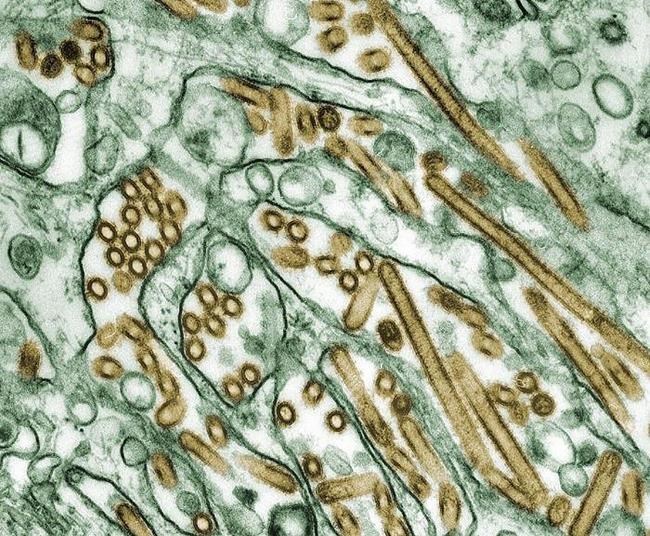OTTAWA — A pet dog has been infected with H5N1 avian flu, the Canadian Food Inspection Agency (CFIA) said Tuesday.
The dog in Oshawa, Ont., was infected after chewing on a wild goose and developed symptoms and died.
"It is the only case of its kind in Canada," the agency said in a news release.
A necropsy completed on Monday showed the dog's respiratory system was affected.
"Based on the current evidence in Canada, the risk to the general public remains low and current scientific evidence suggests that the risk of a human contracting avian influenza from a domestic pet is minor," the agency said.
There have been large outbreaks of H5N1 flu among birds both globally and within Canada. The CFIA has reported intermittent detections of the virus among some wild mammals, including foxes, mink, raccoons, skunks, seals, dolphins and black bears.
There have been no cases of humans being infected with the virus in Canada. There was one "travel-related" human case reported in early 2014, the Public Health Agency of Canada has previously said.
The CFIA also said cases of avian influenza among humans are rare "and almost always acquired through direct contact with infected birds or exposure to heavily contaminated environments."
"Nonetheless, (pet) owners are encouraged to take appropriate precautions to protect their pets and themselves," the agency said.
Pet owners should not allow pets to eat or play with dead wild birds and should not feed pets any raw meat from game birds or poultry,
They should also contact their veterinarian if they have any questions about their pet's health, the news release said.
— With files from Nicole Ireland in Toronto
This report by The Canadian Press was first published April 4, 2023.
Canadian Press health coverage receives support through a partnership with the Canadian Medical Association. CP is solely responsible for this content.
The Canadian Press




